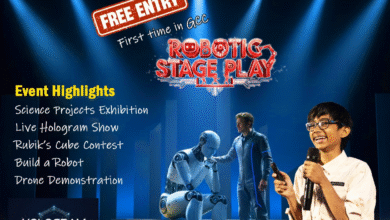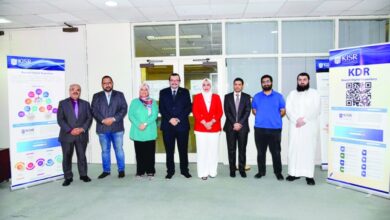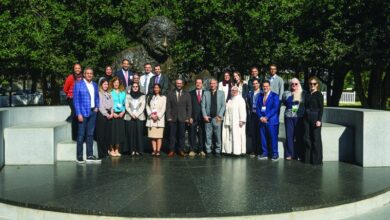Artificial Intelligence helps couple conceive after nearly 20 years of infertility

A revolutionary artificial intelligence system developed by Columbia University Fertility Center has enabled a couple to conceive after nearly 20 years of infertility, offering new hope to men with azoospermia—a condition in which no sperm is present in the semen.
The system, known as STAR (Sperm Tracking and Recovery), uses advanced imaging technology inspired by astrophysics to detect sperm previously undetectable by traditional methods.
In a breakthrough case, the AI identified three viable sperm, allowing for successful IVF treatment. The woman is now five months pregnant, marking a milestone in non-invasive fertility treatment.
Inspired by astrophysics, the STAR system employs imaging technology originally designed to locate distant stars and planets. “We’re using the same tools designed to find life in the universe to help create life on Earth,” said Dr. Zev Williams, director of the center.
This innovation provides a non-invasive alternative to the painful surgical procedures men with azoospermia previously had to undergo, or the difficult choice of using donor sperm. Once viable sperm are found, a robot extracts them carefully to preserve their quality. In this couple’s case, the sperm was used to fertilize the woman’s eggs via IVF. She is now five months pregnant, and the baby is expected in December.
While STAR is currently only available at Columbia University, the cost of sperm retrieval using the system is under $3,000 — far less than the full cost of IVF, which can exceed $30,000.
According to The Hollywood Reporter, male infertility affects 10% to 15% of American men attempting to conceive, with global sperm counts in decline. Environmental and lifestyle factors, including obesity and sedentary habits, are suspected contributors.
Dr. Williams confirmed that multiple patients are already being treated with the new system, noting, “Many men who were told they’d never father a biological child now have a real chance.”












